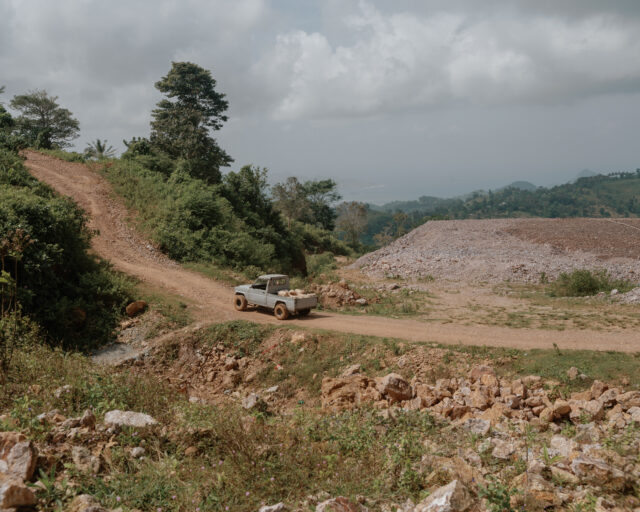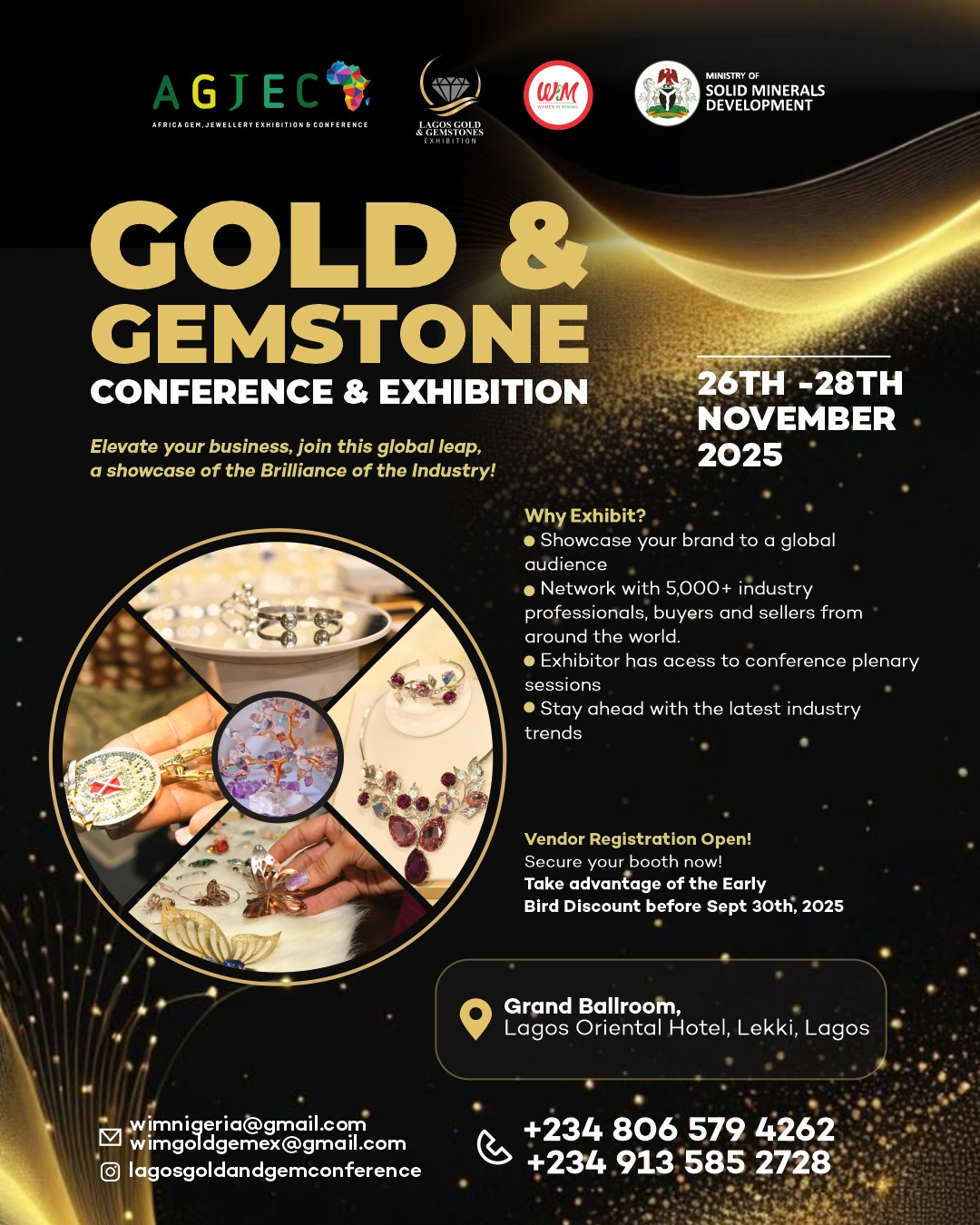
By Rebecca Tan
LANTUNG VILLAGE, Indonesia — Hilltop after hilltop in this remote part of Indonesia is being scalped of vegetation. On the horizon, excavators lumber forward, gouging out rocks veined yellow. Nearby, milky chemicals collect in Olympic pool-sized trenches.

This is the work of Chinese mining syndicates flush with capital and connections, Indonesian investigators say. And virtually none of it is legal.

These syndicates bring their own geologic maps, excavators and leaching tanks. They operate without permits, unchecked by local police — the equivalent of what residents call a “mining mafia,” in control of the most lucrative resource in these hills: gold.
“We don’t know where they take it,” said a Lantung gold trader, Heru Hairuddin. “We only know it doesn’t stay here.”
As part of a strategic effort to reduce reliance on the U.S. dollar, insulate itself from potential U.S. sanctions and build its own capacity to influence the international monetary system, China is procuring gold at a voracious pace. This drive has fueled and facilitated a surge in illicit gold mining across the Global South, inflicting a trail of environmental destruction from Indonesia to Ghana to French Guiana, a Washington Post investigation found.
The Post examination of China’s role in the booming trade in illicit gold is based on a review of satellite imagery, trade data, public records, and dozens of interviews with gold researchers, law enforcement and government officials across three continents. In Indonesia, where the proliferation of illicit mining has been among the most widespread and least studied, The Post obtained internal government documents and visited a half-dozen secluded gold-mining communities being transformed by Chinese-led operations.

Chinese workers at these locations declined to speak to The Post, but Chinese mining operators in Indonesia said in interviews that investment in the country’s gold sector is spiking.
In videos aimed at investors on Chinese social media, Chinese miners advertise “free and easy” access to Indonesia’s vast gold deposits.
In May, the United Nations Office on Drugs and Crime (UNODC) warned that organized crime was embedding itself so deeply in gold supply chains that it poses a “serious global threat.” As Chinese demand drives gold prices above $3,000 per ounce, drug cartels, terrorists and mercenary groups are deepening their involvement in the sector, the UNODC said. Almost all these actors work in some capacity with Chinese mining concerns, which are present from “mine to market” and have the greatest ability to work in the most unexploited locations, according to those who study the gold sector.
Many illicit gold operations are being financed and operated directly by Chinese private investors who appear to be operating with little oversight or repercussion from Chinese authorities, investigators say. This has drawn allegations from gold-rich countries that Beijing is permitting the ransacking of gold deposits abroad, enabling a rapidly mutating trade that U.N. officials warn is propping up a range of other criminal activities.
Chinese officials have pushed back against these allegations, including the Chinese ambassador to Ghana, Tong Defa, who in June said it was a “significant injustice” to blame Beijing for the spread of illegal gold mining.
The Chinese Foreign Ministry and the China Chamber of Commerce of Metals, Minerals & Chemicals Importers & Exporters did not respond to detailed questions from The Post. The Chinese Embassy in Washington said it was “not aware” of the allegations made by gold-rich countries about China’s role and declined to comment.
“Chinese networks have become deeply involved in the illicit gold trade,” said David Soud, a minerals analyst who has written reports on gold for the Organization for Economic Cooperation and Development (OECD). “Much of the gold they mine or otherwise acquire goes to China via highly opaque supply chains.” This is routinely done without the payment of local taxes or royalties, officials and analysts say.
Illicit Chinese syndicates, according to Soud and other investigators, operate differently from both traditional, artisanal gold miners and industrial, legal mining companies, including those from China.
Read more here:
https://www.washingtonpost.com/world/2025/08/12/china-gold-illicit-mining-indonesia/?utm_campaign=wp_main&utm_medium=social&utm_source=reddit.com









